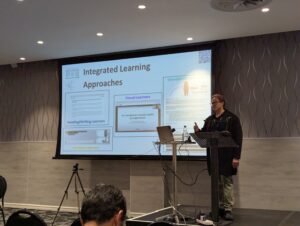
Editorial
The second half of 2023 is well underway and various disease outbreaks have been reported globally in the last few months.
Myocarditis and enterovirus in newborns; and in young to older children polio, measles and mumps. Cases of diphtheria, meningitis, lassa fever and marburg virus were reported in the wider population mainly in sub-Saharan Africa. Contaminated drinking water caused acute hepatitis E and cholera outbreaks in southern Africa. Infections from animals to humans included avian influenza and salmonella.
The spread of these outbreaks can be controlled. For instance, polio, measles and diphtheria are childhood killer diseases that have long-standing vaccines that promote immunity. Wastewater surveillance is helpful in detecting pathogens in water. Maintenance of good hygiene and clean environments have proved instrumental in lessening transmission of diseases from animals to humans.
The wide range of viruses and infections noted indicate that tracking and reporting of outbreaks and diseases is helpful to contain diseases. In this light, this edition of the PHA4GE newsletter, features the contributions made by PHA4GE members at the 2023 Applied Bioinformatics and Public Health Microbiology (ABPHM) conference. Presentations and discussions were around the tools and technologies that can be used in public health laboratories and research institutes to collect and report pathogen data.
In other news, PHA4GE is delighted to be hosting its inaugural conference at the end of October. Don’t forget to register. Also have a look at our events and publications corner!
Thank you for your continued support, and we look forward to bringing you more exciting updates in our future editions.
Rangarirai Matima
If you haven’t done so already, subscribe to receive PHA4GE newsletter via email.



